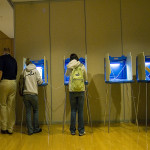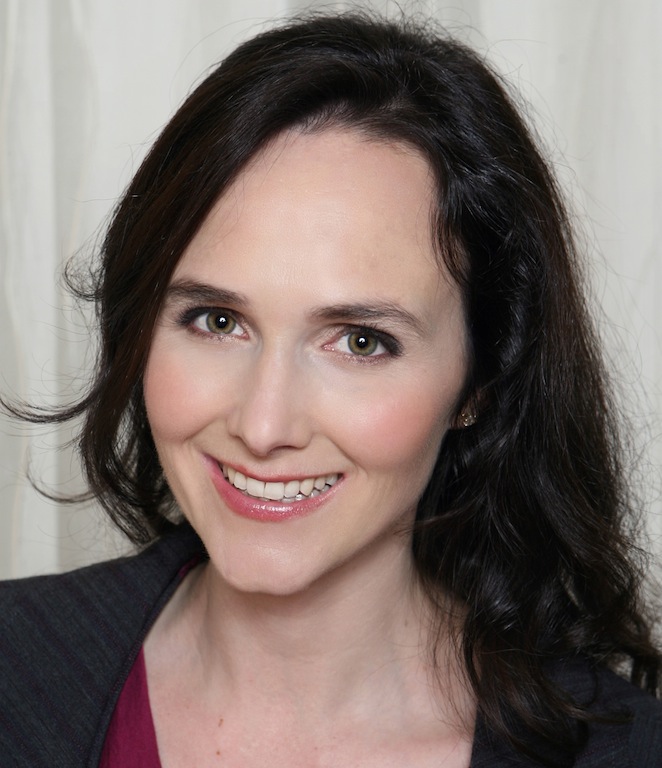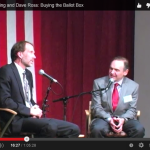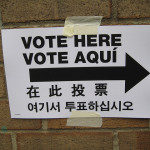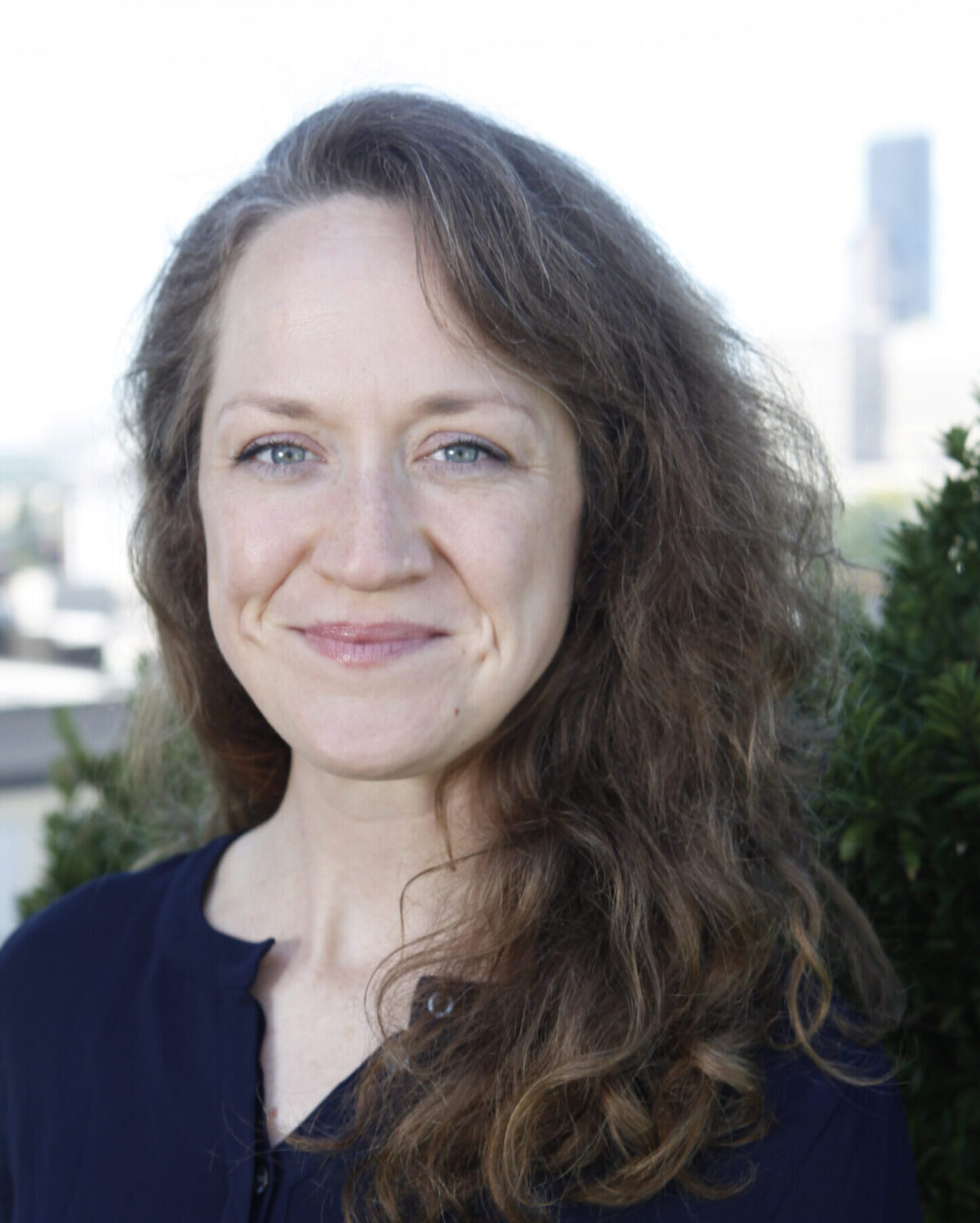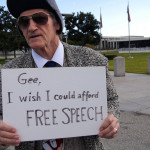Series: What Democracy Looks Like

A demonstrator after the McCutcheon decision, Los Angeles, CA. by Public Citizen used under CC BY-NC-SA 2.0
From putting a price on carbon to updating Cascadia’s transportation infrastructure, from fixing our education systems to protecting our natural heritage, the quest for a sustainable region is blocked by broken or dysfunctional institutions of self-governance. Reclaiming those institutions is the focus of this series. It covers the lack of public trust in government, elections’ corruption by campaign and lobbying money, unnecessary restrictions on voters’ access to the ballot, archaic voting systems that distort representation, and other flaws in our democracies. What Democracy Looks Like aims to map a path to political reform—a path that is, if arduous, nonetheless viable, a path that even hard-headed political realists will recognize as passable. Editor’s note: Sightline’s pre-2014 research on democracy reform can be found in this series.

